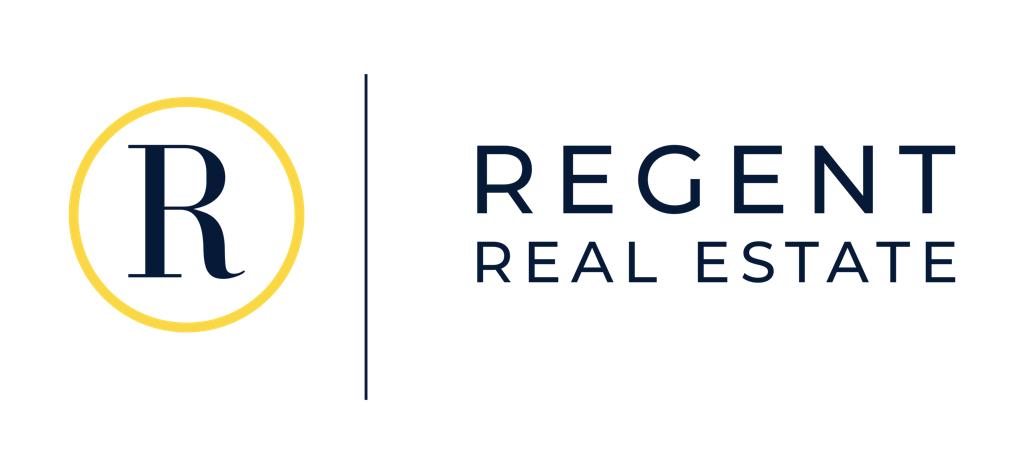Dubai nicknamed the city of gold has had a remarkable growth story from its days of being a fishing village to a closely quintessential city with bold architecture, modern infrastructure, and a sophisticated lifestyle. Similar to Nigeria, Dubai’s transformation began following its discovery of oil in 1966 at the offshore Fateh Field. Dubai rode on the back of its oil discovery and gained the confidence of investors particularly due to its economic and tourism infrastructure. The impact of this growth also fueled the upswing in its real estate market.
A major highlight of Dubai’s Real estate story was the royal decree issued in 2002 allowing non-nationals to purchase property in the emirate. Prior to this, only United Arab Emirates (UAE) nationals could purchase property in Dubai. This decree paved the way for much improved foreign capital inflows owing to key developments such as The Palms, Jumeirah, The Springs among other multiple-apartment buildings, cementing Dubai’s status as a key Real estate destination.

In comparison with Nigeria’s key cities, Dubai’s residential property market sits at the heart of its modern infrastructure, stronger economic advantage, and attraction as a tourist destination to drive a more compelling investment narrative. Barring this, Dubai residential properties have also proven to generate stronger net returns on investment. The average yields on residential properties in Lagos, Nigeria, and Dubai, UAE are around 6%-9%. However, the 2019 average annual inflation rate in Nigeria was 11.4% compared to the UAE with -1.9%. Therefore, net returns on residential real estate investments are much higher in Dubai.
Here are other factors that drive the positive narrative of Dubai’s Real estate…
1. Currency stability of the UAE Dirham:
The UAE Dirham is pegged to the US dollar, which guarantees fiscal stability and security on investment. What this means is that the UAE’s central bank ensures that it controls the value of the Dirham that it moves along with the dollar. This guarantees that the rate remains the same – within a certain tolerance – by adjusting the supply of the Dirham in the domestic market.
This builds the confidence of investors in Dubai as they are largely immune to currency fluctuations witnessed by the naira whose value reduced by 38% in 2020 owing to currency devaluation and other monetary policies implemented by the Central Bank of Nigeria (CBN).
2. Capital gains, Rental Income and Personal Income are tax-free:
In the UAE, there are no taxes imposed on capital gains, rental income, and personal income. This is because most of the revenues are generated from oil sales to other countries. However, there are other minor taxes paid on Real estate. They include:
-
A land registry fee which is 4% of the purchase/sale price. The fee is split 50%-50% between the buyer and the seller.
-
A 5% tax on the tenancy contract value paid by the tenant in the case of residential properties.
-
A 10% tax on the tenancy contract value paid by the tenant in the case of commercial properties.
3. Encouraging Regulatory Environment:
Dubai has a first-class regulatory environment that is welcoming to prospective investors. Despite the sophistication of Dubai’s residential property market, the regulatory regime is focused on doing business with ease, safeguarding investors, vendors, and residents alike. Due to this, investors can approach the market with confidence in its long-term potential.
According to Mastercard’s Global Destination Cities Index, Dubai was amongst the top 5 cities visited in 2019, with a total visitor footfall of 16.5 million people, bettered only by Bangkok, London, and Paris. The city also kept its position as the number 1 destination in terms of net spend for the fourth consecutive year with an international overnight visitor net spend of $30.82bn. In comparison with other cities, Makkah, Saudi Arabia, and Bangkok, Thailand followed through with $20.09bn and $20.03bn respectively. To put this into perspective, London, a popular destination is currently ranked fifth in this list with an overnight spend of $16.47bn, almost half of Dubai’s total annual overnight net spend.
In conclusion…
Dubai being a global tourism destination and one of the world’s most visited cities helps to create a cosmopolitan theme across its residential buildings. There is also sufficient presence of a variety of residential properties available to meet the demand of visitors and residents. The strong tourism sector and increasing occupancy rates particularly at the beginning and end of the year have been major drivers providing confidence for investors in Dubai’s residential real estate market.
Interested in knowing more about Dubai’s residential property market? Regent Real estate has a couple of residential property listings of luxury residential apartments starting from $150,000. Reach out to us by booking a consultation with a member of the team by clicking here or sending an email to regent@regentre.co. You can also call us on +234 812 920 4382 or +44 (0) 20 8194 3373.


